dishwashing liquid added to plant water
eileen_plants
17 years ago
Featured Answer
Sort by:Oldest
Comments (30)
tapla (mid-Michigan, USDA z5b-6a)
17 years agoeileen_plants
17 years agoRelated Professionals
Willowick Landscape Architects & Landscape Designers · Gainesville Landscape Contractors · Manchester Landscape Contractors · Concord Landscape Contractors · Peabody Landscape Contractors · Cudahy Landscape Contractors · East Lake-Orient Park Landscape Contractors · Kailua Landscape Contractors · Lynchburg Landscape Contractors · Mission Viejo Landscape Contractors · Plymouth Landscape Contractors · Siloam Springs Landscape Contractors · Snoqualmie Landscape Contractors · Soddy Daisy Landscape Contractors · Vancouver Landscape Contractorskaram8672
17 years agofarmerted361
17 years agoalbert_135 39.17°N 119.76°W 4695ft.
17 years agokorina
17 years agoeileen_plants
17 years agoelfinn
17 years agobirdsnblooms
17 years agonoiztm
17 years agofred_grow
17 years agosechmet0728
9 years agoDavid Adkins
7 years agoDave
7 years agotapla (mid-Michigan, USDA z5b-6a)
7 years agohellkitchenguy Manuel
7 years agoaruzinsky
7 years agotapla (mid-Michigan, USDA z5b-6a)
7 years agolast modified: 7 years agoalbert_135 39.17°N 119.76°W 4695ft.
7 years agolast modified: 7 years agoaruzinsky
7 years agotapla (mid-Michigan, USDA z5b-6a)
7 years agolast modified: 7 years agoaruzinsky
7 years agotapla (mid-Michigan, USDA z5b-6a)
7 years agolast modified: 7 years agoaruzinsky
7 years agowinslowellie89
7 years agomarandpar
7 years agotrishbe54
7 years agotapla (mid-Michigan, USDA z5b-6a)
last yearlast modified: last yearTiffany, purpleinopp Z8b Opp, AL
last year
Related Stories

HOUSEKEEPINGDishwasher vs. Hand-Washing Debate Finally Solved — Sort Of
Readers in 8 countries weigh in on whether an appliance saves time, water and sanity or if washing by hand is the only saving grace
Full Story
GARDENING AND LANDSCAPINGReflecting Pools as Liquid Assets
Mirroring the sky and the earth, reflecting pools and ponds heighten the sensory experience of nature in your landscape
Full Story
HOUSEKEEPINGTackle Big Messes Better With a Sparkling-Clean Dishwasher
You might think it’s self-cleaning, but your dishwasher needs regular upkeep to keep it working hard for you
Full Story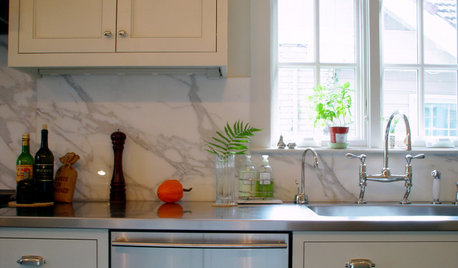
KITCHEN DESIGNHow to Keep your Dishwasher in Tip-Top Shape
As your dishwasher goes into overdrive, here are a few tricks for getting your plates, glasses and silverware sparkling clean
Full Story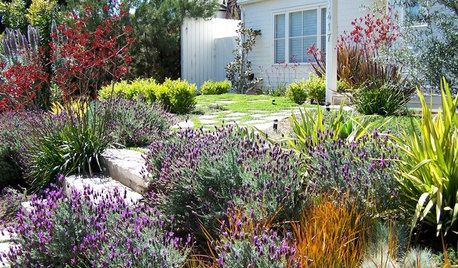
SAVING WATERGreat Plants for Lush, Low-Water Gardens
Water restrictions making your garden look washed out? Give it living color with unthirsty grasses, flowers and succulents
Full Story
HOUSEPLANTS8 Essentials for Healthy Indoor Plants
Houseplants add so much to our homes — and can thrive when grown in the right conditions. Keep these tips in mind
Full Story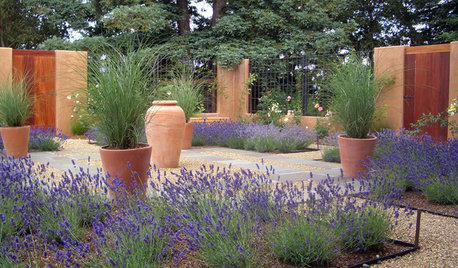
SAVING WATERXeriscape Gardens: How to Get a Beautiful Landscape With Less Water
Conserve water and make gardening much easier with the xeriscape approach’s 7 principles
Full Story
SAVING WATER11 Ways to Save Water at Home
Whether you live in a drought-stricken area or just want to help preserve a precious resource, here are things you can do to use less water
Full Story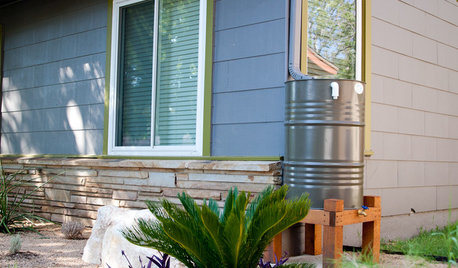
GREEN DECORATINGEasy Green: Big and Small Ways to Be More Water-Wise at Home
These 20 tips can help us all make the best use of a precious resource. How do you save water in summer?
Full Story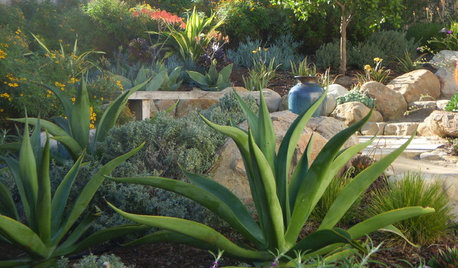
GARDENING GUIDESDecorate the Landscape With Versatile Agave
Beautiful, succulent leaves reach toward the sky, adding texture and beauty to the drought-tolerant landscape
Full Story






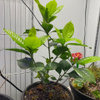
soundgarden